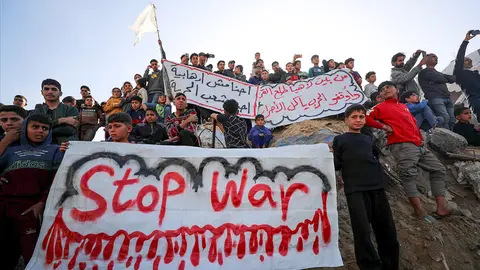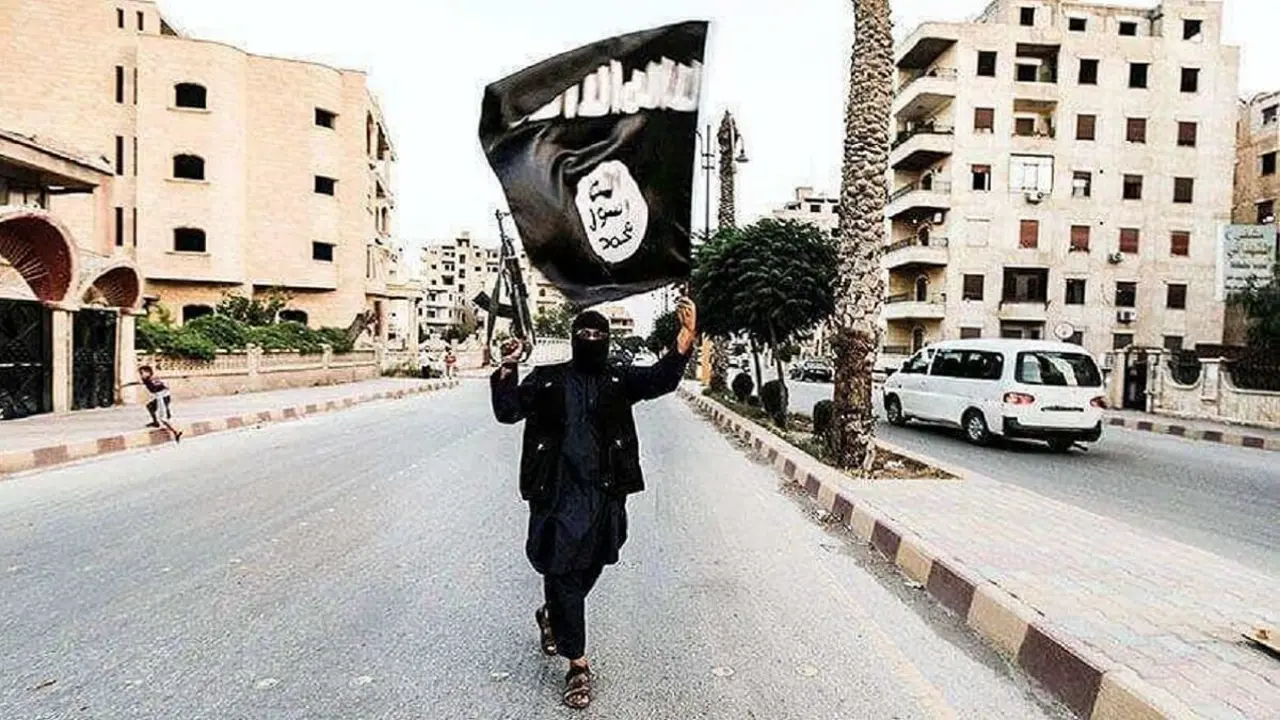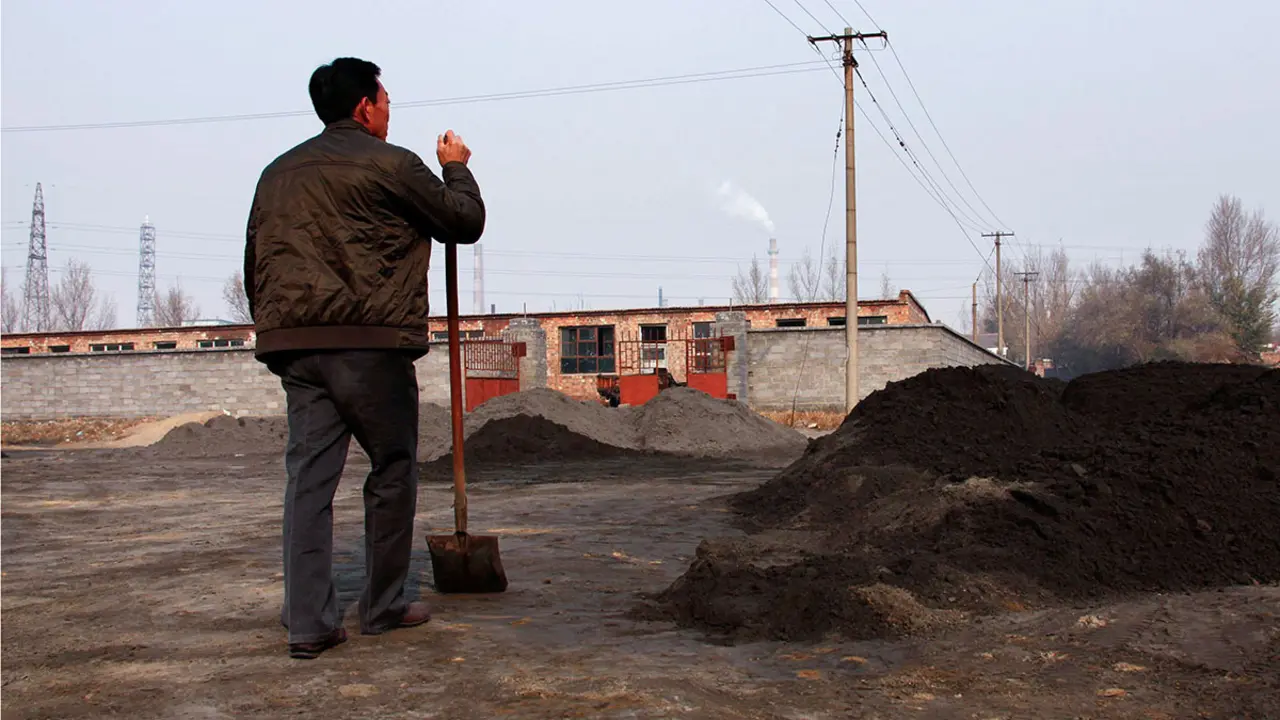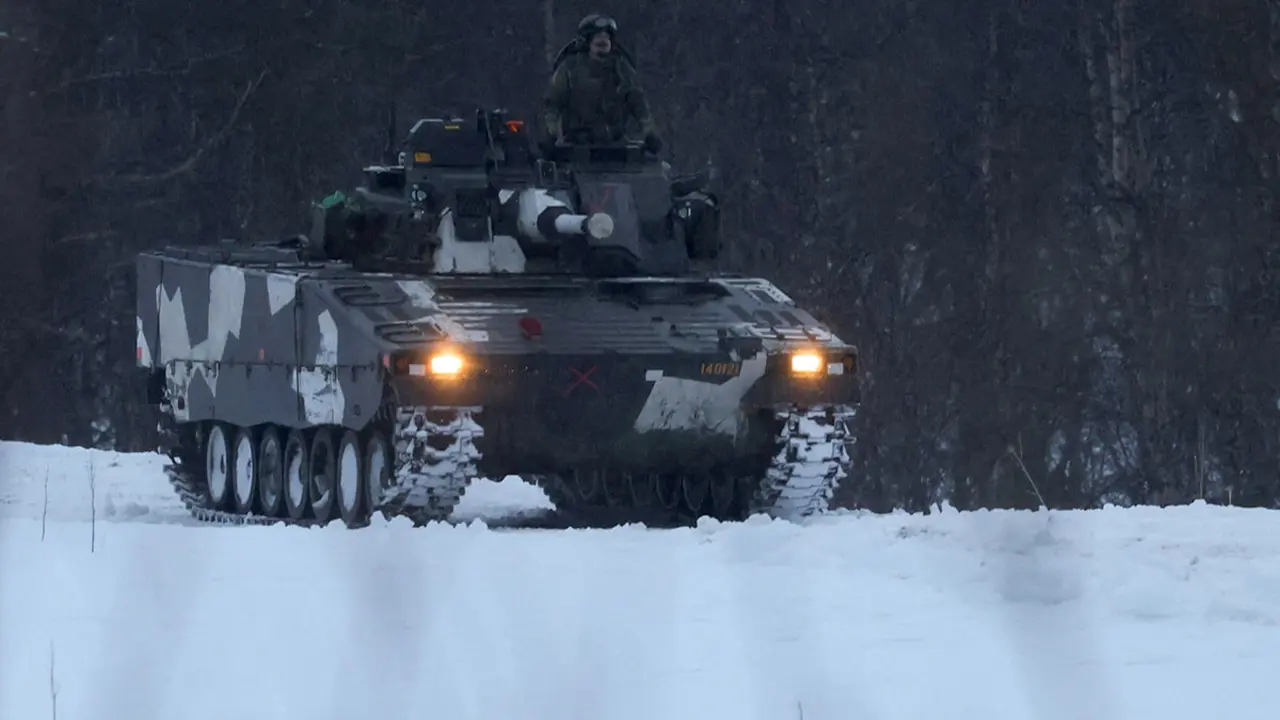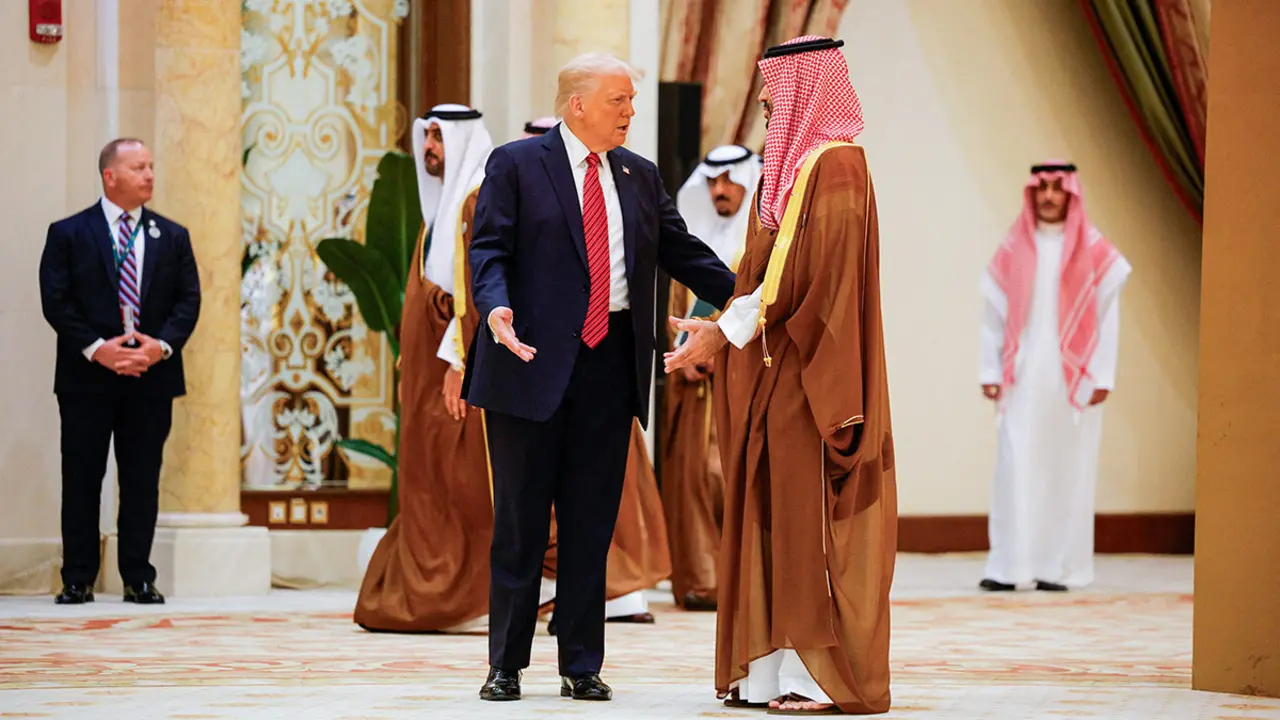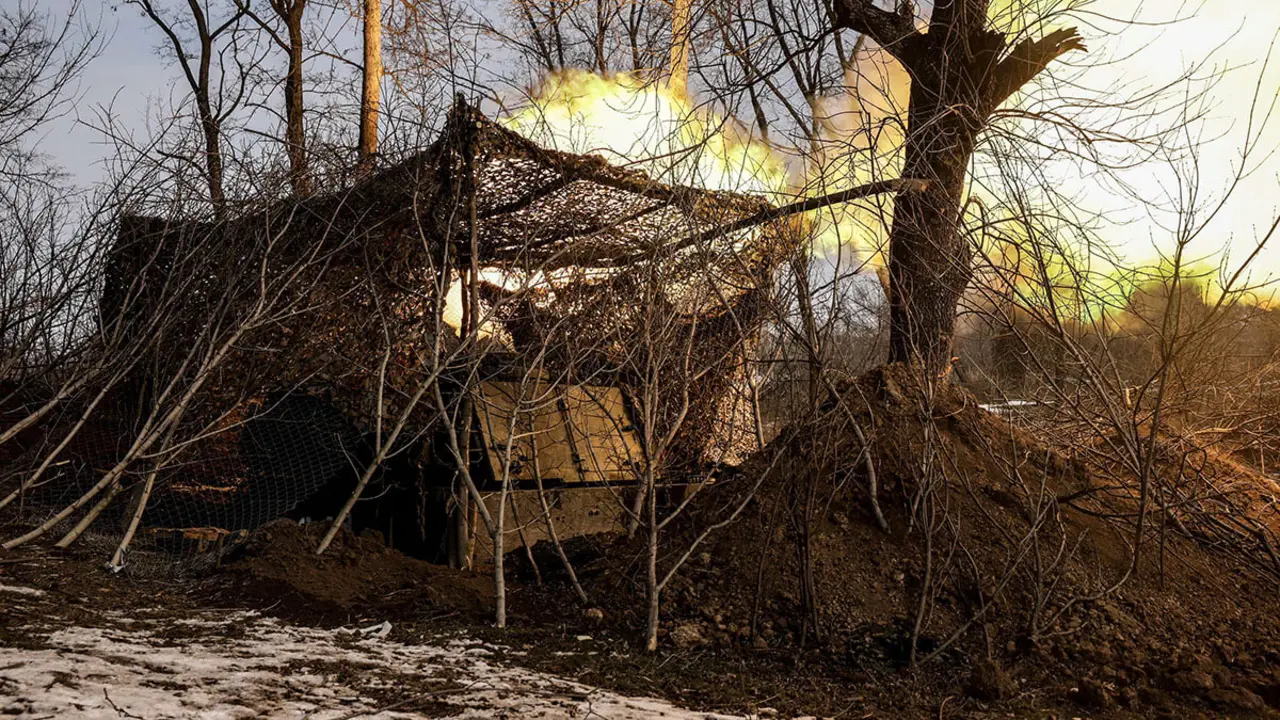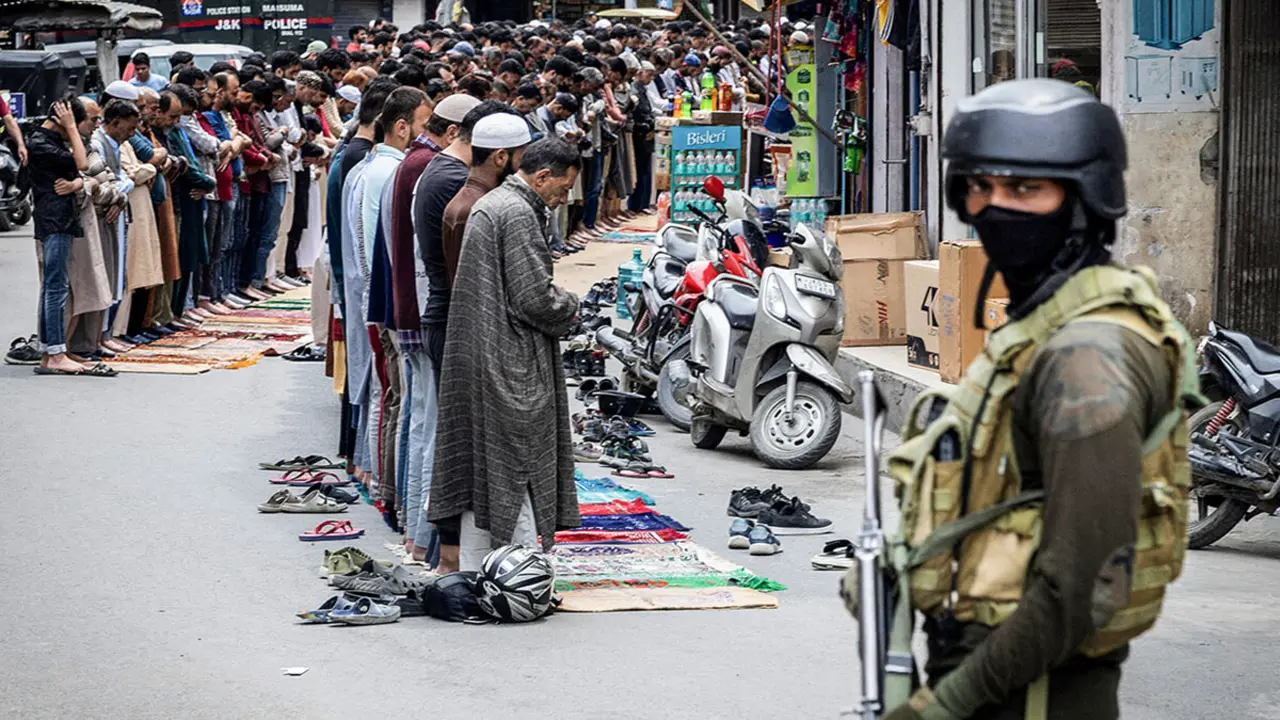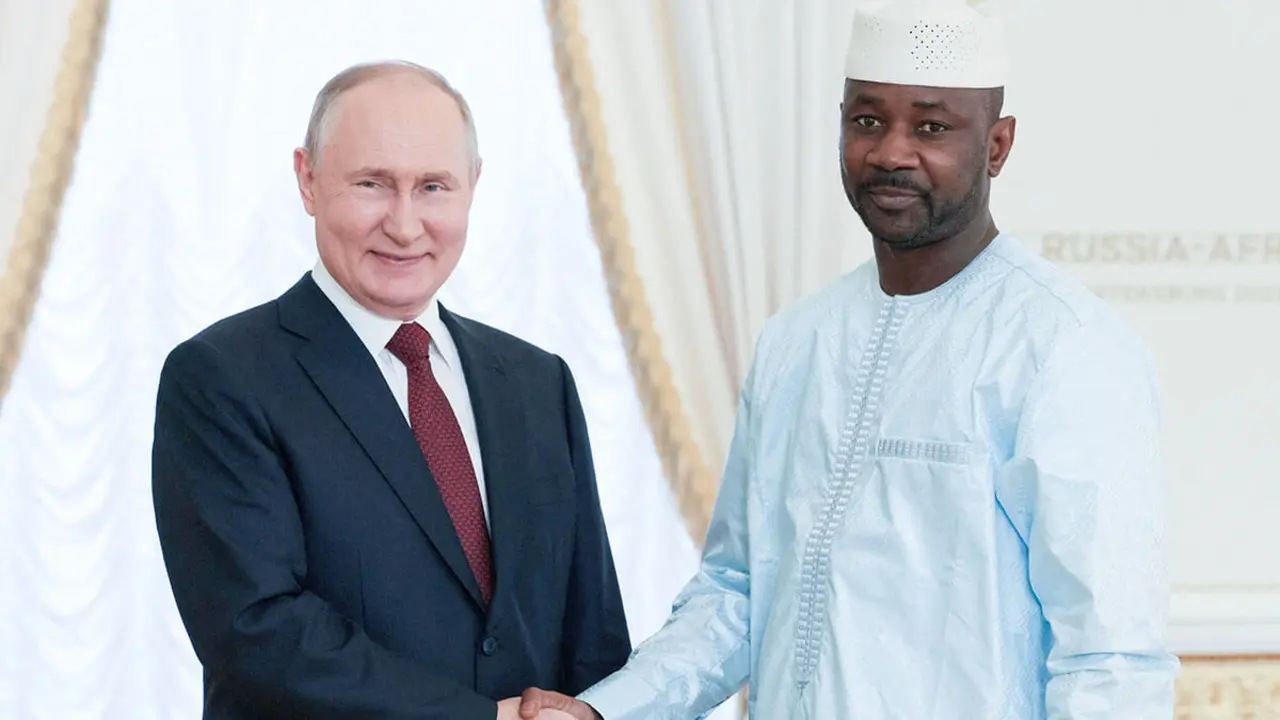The escalation of tension between Israel and Iran
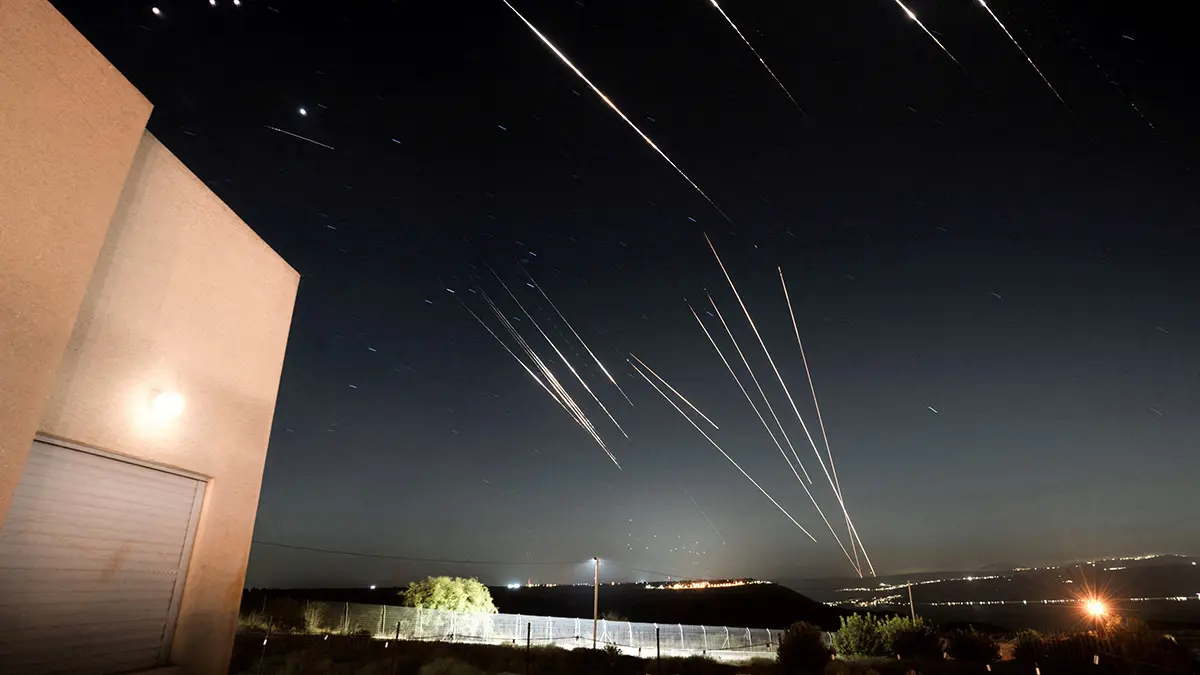
This week, it is impossible to ignore the news and discuss any topic other than the conflict in the Middle East.
The escalation between Israel and Iran has reached previously unimaginable levels, and the unexpected involvement of the United States, at least in terms of timing, has understandably heightened tensions and concerns around the world over the possible repercussions.
We therefore believe it is appropriate to examine this issue in order to shed some light on it and present the possible scenarios we may face in the near future.
We will begin by trying to explain why now and to what end, referring to the step taken by Israel in attacking Iran.
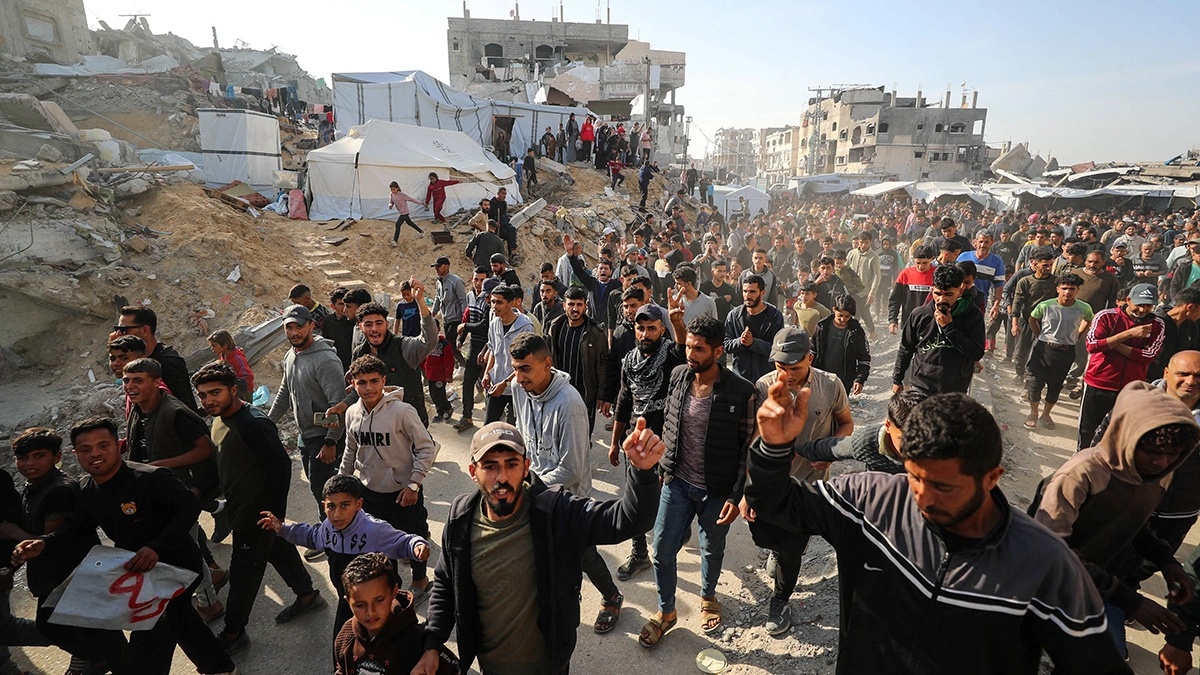
After what happened on 7 October 2023, one of the conclusions drawn by Israel was that something like this would never happen again. From that moment on, there was no turning back from the determination to define secure borders. And the Jewish state assumed that it would achieve this at any cost. That decision logically involved identifying the threats to its borders, and these were crystal clear: the proxy militias employed by Iran, Hamas and Hezbollah were the target to be defeated.
Given that Hamas was responsible for the October massacre, it was clear that it was first on the list, and this led to the invasion of Gaza. This was not a simple punitive operation, as many thought at the time, but a search and destroy mission with the aim of eliminating the militia's military capacity once and for all, even if this meant the suffering we are seeing among the Gazan population. That is one of the things Israel was willing to accept: international condemnation and loss of reputation.
In this regard, we must acknowledge that on more than a few occasions the Israel Defence Forces (IDF) have crossed the line of what is tolerable, and that many of the accusations are well-founded. However, we must also not forget that the Palestinian population living in the Gaza Strip has been the real hostage and victim of a radical and ruthless militia, especially towards its own people, and that no Muslim country in the region, starting with Egypt, has offered to provide aid or refuge to Palestinians fleeing the war.
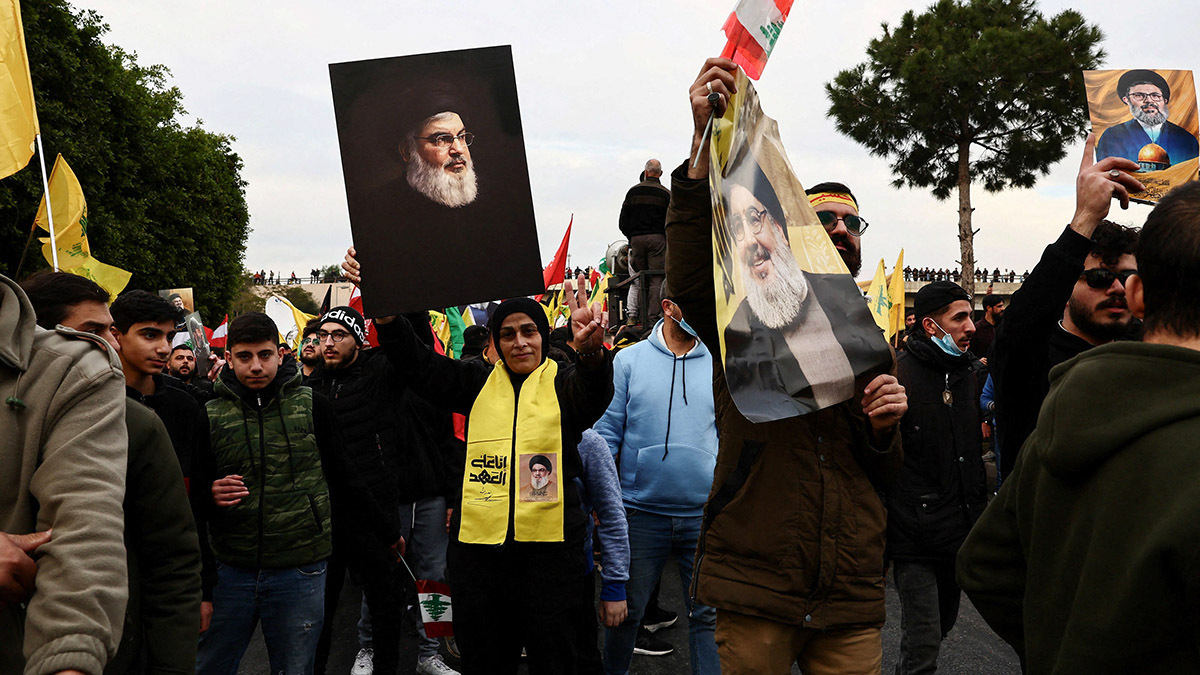
When it was considered that the operations in Gaza had achieved their main objectives and that Hamas's capacity had been sufficiently degraded (though not completely eliminated), Israel moved on to a second phase, targeting the Lebanese militia Hezbollah. The objective was the same: to degrade its military capacity to such an extent that it would never again be able to carry out any major action against or within Israeli territory.
During this period, we witnessed spectacular operations in terms of preparation and intelligence, such as the simultaneous explosion of thousands of ‘beepers’ that wreaked havoc on the organisation's leadership, leaving it virtually without middle management and, consequently, nullifying its command and control capabilities.
The other high point was the systematic elimination of its leadership and those who successively took control after the fall of the previous one. This was a prime example of intelligence gathering capabilities and, of course, of their ability to penetrate and infiltrate.
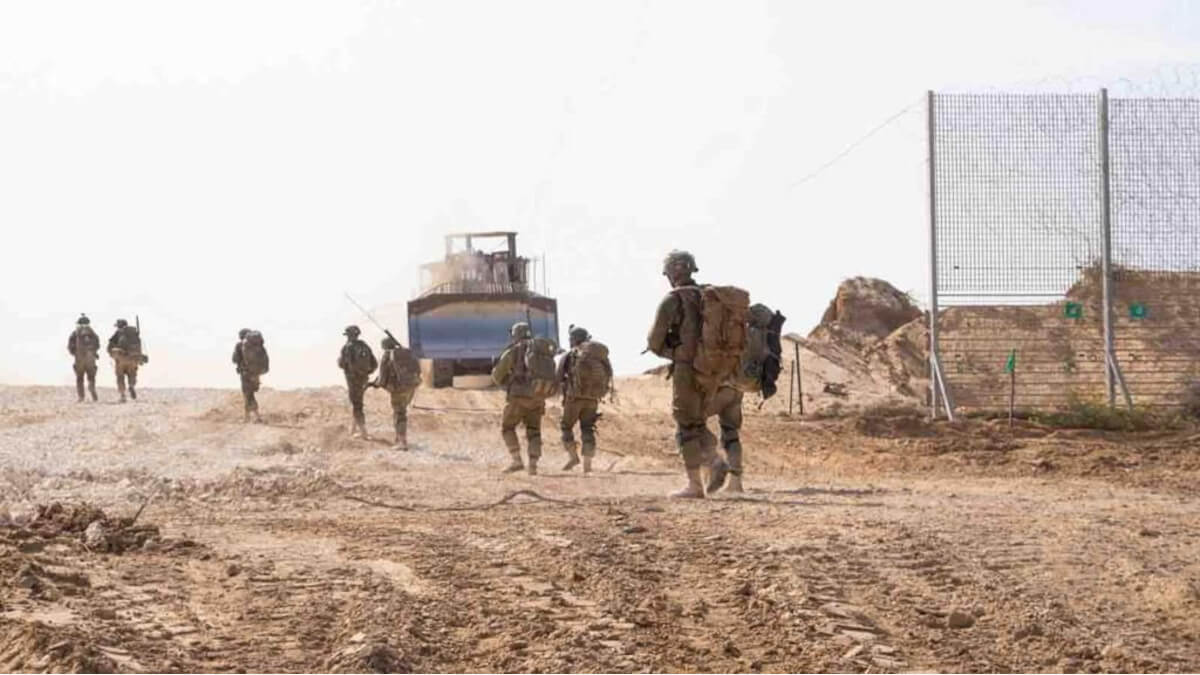
It is obvious that both operations, carried out simultaneously, have consumed and tied up a large part of the IDF's resources. And here we must make a digression to mention the third pro-Iranian militia which, although initially not taken very seriously, has demonstrated, as we mentioned weeks ago, a certain capacity. This is none other than the Houthi militia. From Yemen, they have been able to harass Israel quite effectively, thanks, of course, to the equipment supplied by Iran. To such an extent that when Hamas and Hezbollah were on the ropes, they were the only ones posing a significant threat to Israeli territory. At the same time, given their strategic geographical location, they have forced an international naval coalition to deploy in the Gulf of Aden to protect the maritime communication lines that were being targeted by their attacks using both maritime and aerial drones. This coalition and the actions of the US against the Houthis themselves on land, attacking their bases and launch sites, have meant that Israel has had to limit itself to shooting down the missiles that have occasionally been launched from Yemen against its territory.

All of the above leads us to interpret that Tel Aviv's decision to attack Iran has been the result of what is known as ‘exploiting success’. In other words, the relatively successful campaigns against Hamas and Hezbollah have created the necessary conditions for Tehran's only possible response to an attack on Iran to be the launch of drones and missiles. And considering that the level of protection offered by the Israeli Air Force and the ‘Iron Dome’ is more than acceptable, the situation has evolved to create the optimal conditions for Israel to take the decision to attack what we might call ‘the head of the snake’, that is, the root of its threats, the element that trains, finances and arms the militias it is fighting alongside its borders. In this way, it achieves two objectives: on the one hand, it reduces Iran's ability to continue supporting what remains of Hamas and Hezbollah and, on the other, it further delays the nuclear programme, thus preventing Tehran from manufacturing its own nuclear warheads.
For this latter objective, and somewhat surprisingly, it has had the indispensable help of the United States, which has also seen an opportunity to send a message to its potential enemies. Much has been written about the B2 Stealth bombers and the GBU 57 A/B bombs, and we will not repeat everything that has been said. What we will say is that, with this operation, the United States has not only helped its long-standing ally, but has also, in a way, forced it to end this exchange of blows with Iran, just as the message received in Tehran has been forceful and clear to all witnesses of what happened. The air strike on Fordow was a display of formidable capabilities that are beyond the reach of any other country, as is the ammunition used. Iran has taken good note of this and, in its retaliatory attack, once again, we must point out, it took great care not to cause American casualties, informing Washington of its attack through various channels..

The interpretation we can make is, a priori, very simple: Iran is perfectly aware of its inferiority to the US. However, we must also make another interpretation: this may be a clear indicator of the internal weakness of the regime, which needs to feed the population with the mirage of a country capable of standing up to the world's leading power.
The great fear of Iran's reaction was its ability to block the Strait of Hormuz. However, this measure would have harmed Iran itself and one of its staunchest allies, China, which is also the main buyer of its oil. Therefore, the options for response were diminished

Nevertheless, although the regime is suffering from the losses among its leadership, this does not seem to have been enough to provoke an internal reaction that would lead to the fall of the ayatollahs. This, in itself, creates a bigger problem. After everything that has happened, the Iranian regime will become even more entrenched. It will seek more levers to cling to in order to perpetuate itself in power and, of course, it will not relent in its quest to acquire nuclear weapons. Iran has its sights set on North Korea, a country which, although anchored in the past, with major shortcomings and a subsistence economy, has become untouchable thanks to nuclear weapons. Of course, if Tehran had been in possession of these, neither Israel nor anyone else would have dared to bomb its territory.
We can therefore conclude that both Iran and Israel have achieved their objectives, at least temporarily. The US has made an impressive show of force and contributed to the cessation of hostilities, while Putin's Russia has benefited from higher oil prices and from having enjoyed a period in which the spotlight has been on another conflict.
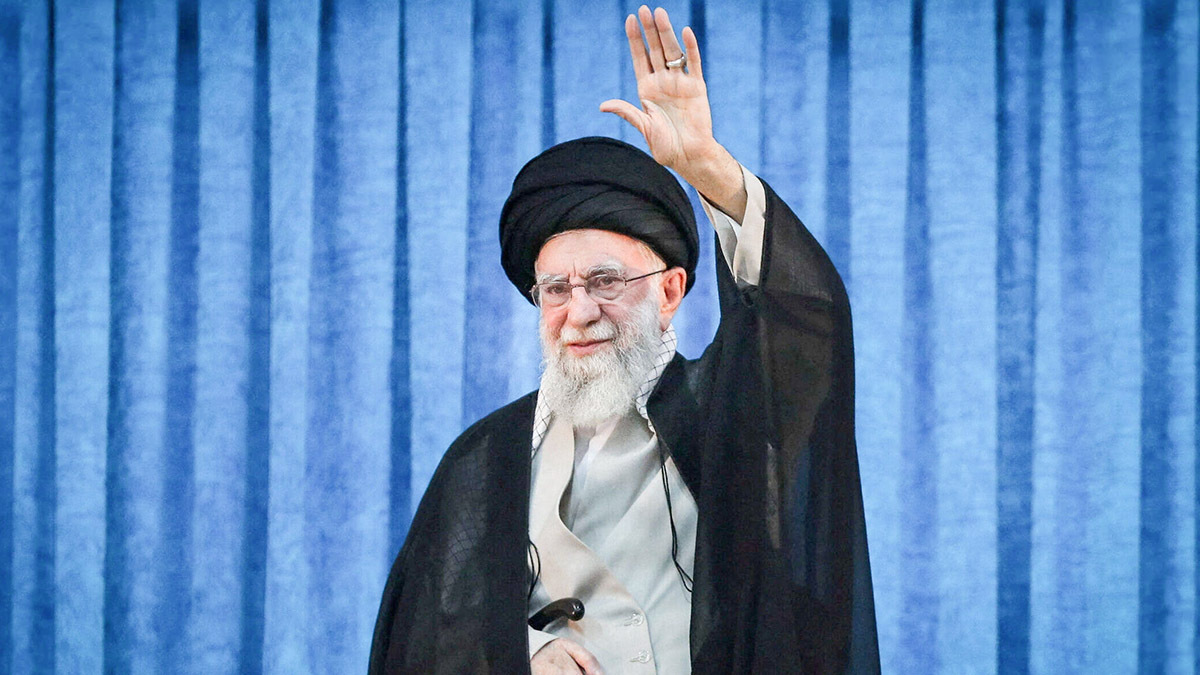
We will see how this affects Iran's support for Russia in its war against Ukraine and, more importantly, how long it takes for Iran's nuclear programme to become a concern again. Unfortunately, this will be sooner rather than later.


